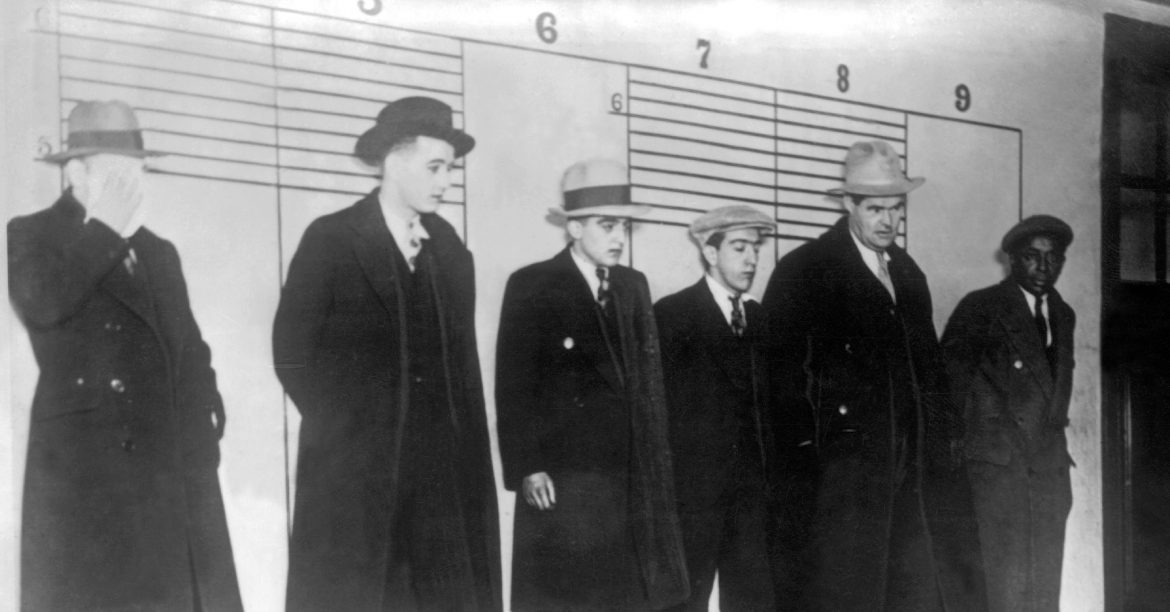In a surprising move, the Costa Rican Government has revoked the law against organized crime. However, this decision does not imply that organized crime is now acceptable. Rather, it indicates that more time is needed to devise effective measures to combat it.
4-3 Schedule and Pretrial Detention Time: A New Approach?
The initial proposal was to introduce a 4-3 day schedule for police work groups and double the pretrial detention time for serious cases. However, amidst concerns and controversy, the bill was revoked on Tuesday. This decision was made to address uncertainties surrounding the work group initiative.
A Matter of All or Nothing?
While some politicians have proposed retaining the provision for doubling pretrial detention time and revoking only the 4-3 schedule, it seems the measures are intertwined, resulting in an all-or-nothing situation.
The Formation of a Commission: A Step Forward
To better understand the intricacies of the text, a commission will be formed to scrutinize the current version of the legislation. This group will play a critical role in shaping the future direction of Costa Rica’s fight against organized crime.
Understanding the 4-3 Schedule and Double Pretrial Detention Time
The 4-3 schedule would entail police officers working four 12-hour shifts followed by three days off, or, for night shifts, three 12-hour shifts followed by four days off.
The proposed law also intended to double the pretrial detention period for anyone suspected of involvement in drug trafficking, corruption, or organized crime, as described in the current text.
Call for Extraordinary Sessions
In light of these developments, there have been suggestions for extraordinary sessions. The goal is to approve a revised plan before June, ensuring timely action against organized crime in Costa Rica.
Stay tuned for updates on the Costa Rican Government’s efforts to reshape its approach to combating organized crime, and how these changes may impact the country’s law enforcement and legal systems.

